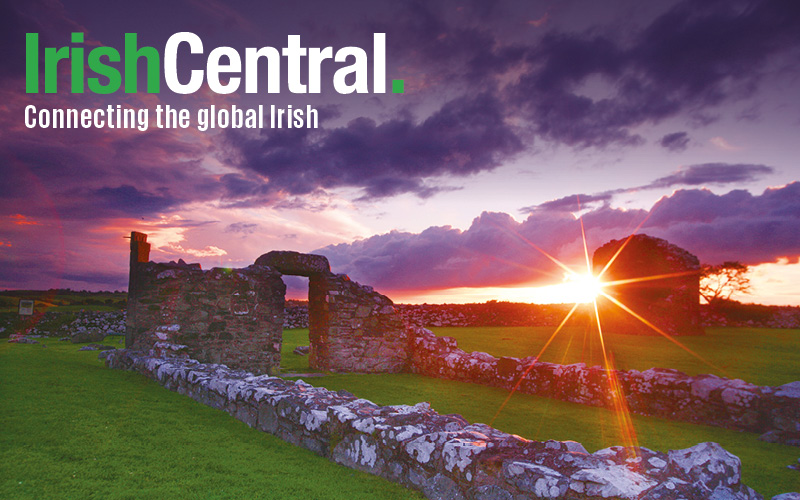Kevin Cahill MD was a special guest at the Tribeca Film Festival jury lunch hosted by Robert De Niro in New York last week. A global humanitarian and a top medical doctor he recounted what he had learned in a lifetime of helping those in need.
I accept this honor on behalf of those who provide relief to our brothers and sisters made vulnerable by the effects of natural disasters, or by the endless armed conflicts that scar our world. I have been privileged, for over a half century, to participate in these efforts in over 70 countries, both as a physician and in the far more complex role of directing large refugee camps.
These healing positions allow unique access to often hostile communities - populations who are fleeing, in fear, having lost their homes and family support.
Some of my travels were for field research; for example, I went to Somalia for 36 consecutive years, studying disease patterns among camel-herding nomads. It took three years of interrupted trips but I walked the entire length of that harsh country. There is an Exhibit on these projects currently at Lenox Hill Hospital.
Read more: 50,000 Famine Irish in US were deported back to Ireland
There are many lessons to be learned in the immediate aftermath of disasters such as earthquakes, droughts, or famines. One can deliver life-saving help but it must be done with respect for local culture. At Fordham University's Institute of International Humanitarian Affairs, we have trained over 3,000 experienced aid workers, and offer Masters degrees and an undergraduate Major in the field. We emphasize the need to "tread softly" when making changes in traditional customs. Sooner or later, we will leave, hopefully allowing traumatized populations to recover to better and safer lives.
Which takes me back to our Festival’s opening night at the Apollo Theater, with the threads of African American music, and song, and anger. The American poet, Maya Angelou, often invited me to her New Year's Day reception in her brownstone home in Harlem. On my first visit, there were 60-75 people present and my son and I were the only strangers, and our white skin stood out. Dr. Angelou asked her nephew to bring down the book on her bedside table. It was a text I had written on Somalia, and I had quoted the following lines from a poem by Mohamed Abdullah Hassan, a great literary and spiritual figure in Somali history.
"Is not he who does not bar his
Gate against you in times of trouble
One of the brethren?"
Then Maya said, introducing me, "He is one of my brethren," and the reserve and formality in the room vanished.
Read more: The discovery of a famine cross from The Great Hunger
Another person featured in the Apollo Theater documentary was Malcolm X. We had met in Africa in the early 1960s, and some of his compatriots in a crowded elevator murmured from the back, "We're going to get you, whitey." As I stepped off, I turned to them and said that while I might understand their feelings, they were wrong. I was a young physician trying to help the same oppressed people they presumed to speak for.
Later that night Malcolm stopped me in the hotel lobby and apologized. We talked for an hour and he returned to America, and an assassin's bullet. But he had told his wife about our meeting and suggested that if I ever returned to New York he wanted me to be their family doctor. His widow, Betty X Shabazz, became my patient and remained so until she died. One of their daughters was in my office recently.
So through my own immigrant ethos may I suggest a continuity between the fight for freedom presented in the Apollo documentary, the struggle for survival in refugee camps, and my own efforts to serve the most vulnerable. These are my goals, and, as the Irish poet, William Butler Yeats, wrote to his beloved, "Tread softly, for you tread on my dreams."
Thank you.
What are your thoughts? Let us know in the comments section, below.




Comments